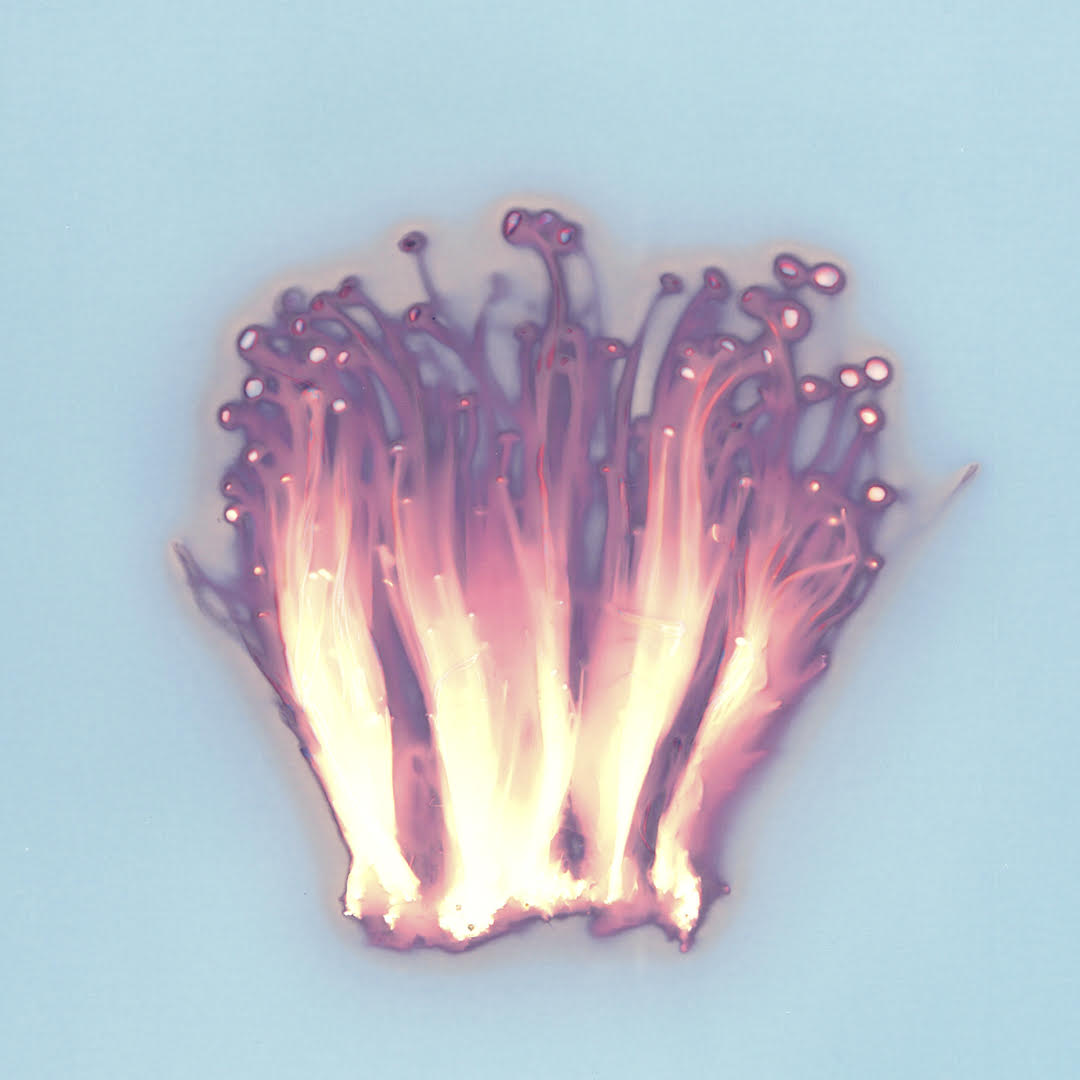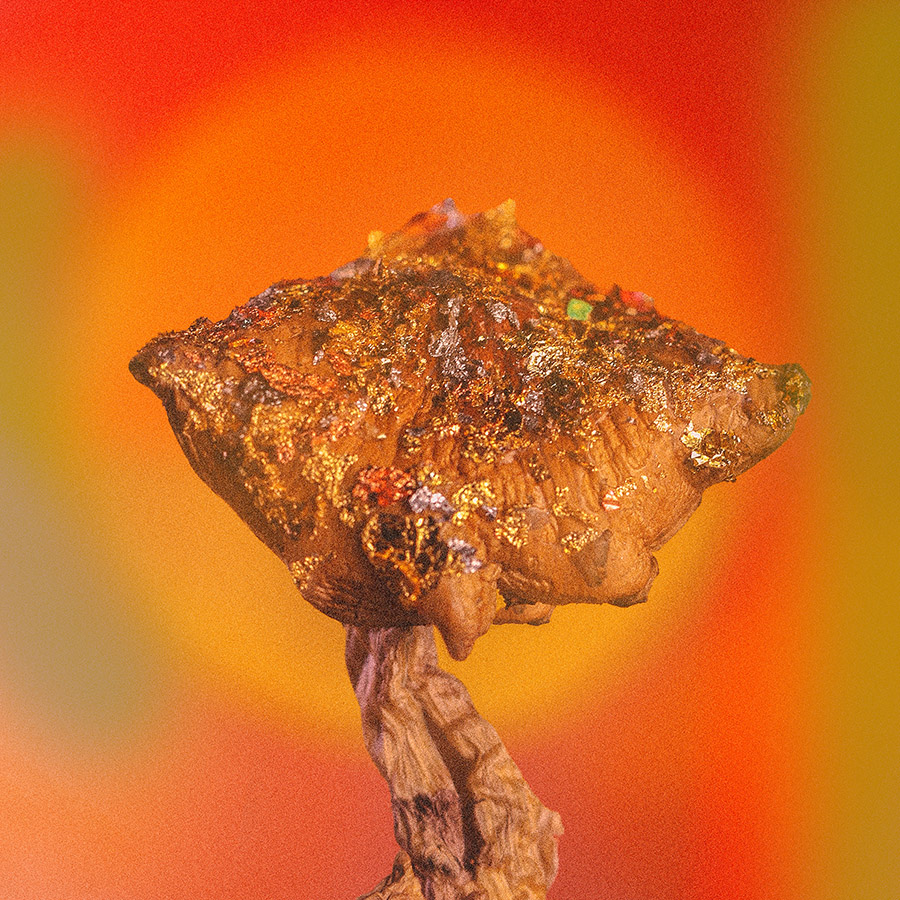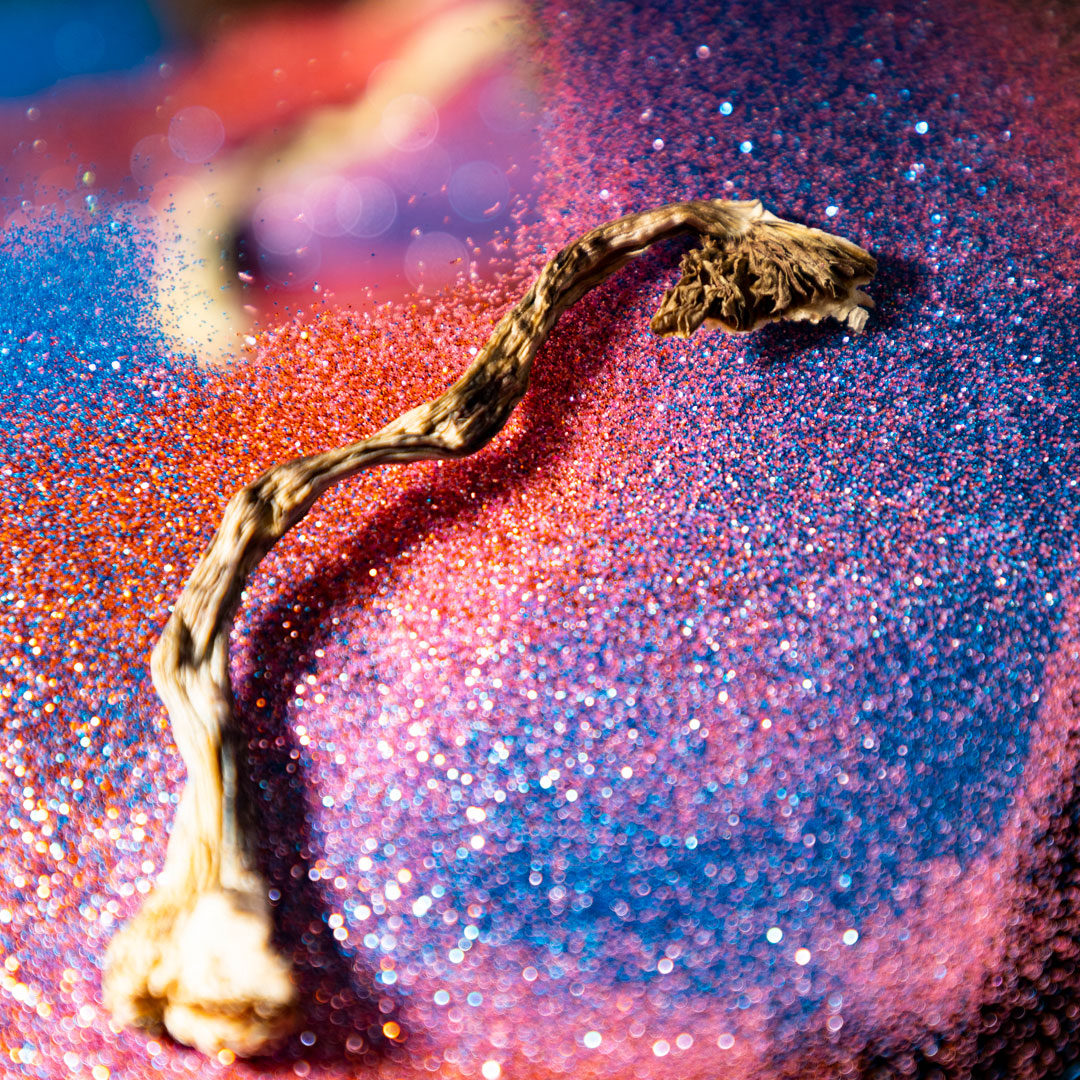
The History of Mushrooms and Where We Are Today
The rising popularity of psilocybin might make it seem like a new fad, but humans and magic mushrooms go way back. We’ve been taking psychoactive mushrooms for thousands of years, with evidence of use among ancient cultures showing up worldwide.
Today, mushrooms continue to be a tool for healing, expanding consciousness, religious ceremony, and medicine. Here, we explore our long journey with psilocybin and look at where we are today.
The History of Magic Mushrooms
Ancient Origins
A mural dating back to 10,000 BCE found in Northern Australia depicts mushrooms, with accompanying psychedelic illustrations said to be evidence of human magic mushroom use. In Spain, 6,000-year-old rock paintings suggest magic mushrooms were consumed by prehistoric people in Europe. Some scientists argue ancient human consumption of psilocybin impacted the development of our brains in a way that evolved our species into what we are today.
Psilocybin Hits the Modern Mainstream
Psychedelics gained renewed popularity in North America in 1957 due to a LIFE magazine article spotlighting R. Gordon Wasson, a well-known mushroom enthusiast. While on vacation in Mexico, Wasson met an Indigenous tribe consuming magic mushrooms and got a sample. He sent the sample to Albert Hofmann, a Swedish chemist who discovered LSD, isolated the psilocybin and produced capsules at Sandoz Pharmaceuticals to be distributed for research.
For the next two decades, thousands of psilocybin doses were used in clinical experiments in Europe, Canada and the US. Psychiatrists, scientists and mental health professionals saw the potential of psilocybin to address mental health issues, including alcoholism, schizophrenia, autism, OCD, and depression. This was an era of optimism around psychedelics, and many people were introduced to mushrooms and other psychedelic drugs through research into enhanced wellness and creativity.
The Woodstock Era Crushed by the War on Drugs
In the 1960s, psychedelics became a symbol for the counterculture movement in the US and UK. The US federally banned psilocybin in 1968 as a reaction to its rising popularity and association with not conforming to “the system.” Two years later, it was labelled a Schedule 1 drug – the most heavily criminalized category for drugs – along with cannabis and LSD.
Following this, psychedelics were banned at the 1971 UN Convention on Psychotropic Substances, which stunted research into their medicinal properties. The psychedelic movement, which had swept youth culture in the 60s with messages of oneness, love and personal freedom, was stamped out by the same system people were rebelling against. Now illegal, psychedelics’ production, distribution and use moved underground for a long time.
Magic Mushrooms Make a Comeback
After three decades of inactivity in the study of psychedelics, The University of Zurich started conducting research again in 1997. Their initial study found that psilocybin increases brain activity, catalyzing research at other institutions with exciting new findings.
In addition to stimulating brain activity, subsequent studies found psilocybin effectively treats numerous psychological conditions and chronic pain. These promising findings and research have led Canada to establish special exemptions to allow psilocybin treatments for end-of-life care and chronic illnesses. More people are microdosing psilocybin for various health and wellness reasons, influencing a broader social acceptance of this psychedelic as a vital medicine for wellbeing.
A movement to legalize psilocybin has launched in Canada, and various states in the US have already decriminalized its use. So times are changing, and humans are reconnecting with our mushroom friends in record numbers!
At Ground Sounds, we believe in the healing power of psilocybin and continue to support the movement towards safe, legal and regulated access to our favourite funghi.


